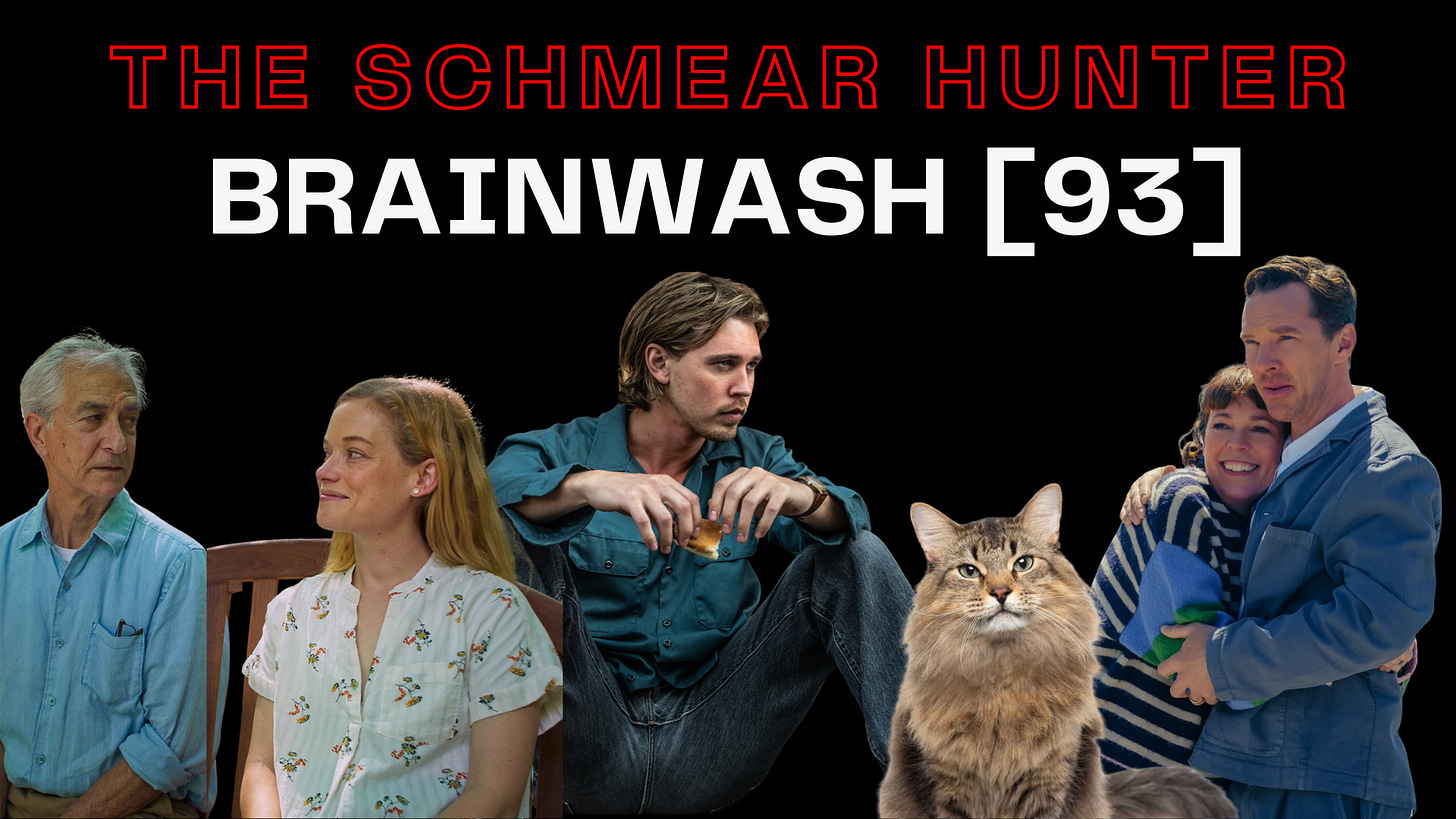Schmear Hunter's Brainwash [93]
Unpacking the Hype, Elevating the Unknown: 'Caught Stealing,' 'The Roses,' 'A Little Prayer'
Thanks for reading The Schmear Hunter! If you like this newsletter, consider supporting it with a paid subscription: $5/month or $50 a year 🥯🎞️
Hunters,
This week on The SchmearCast and No Notes, Sen…




